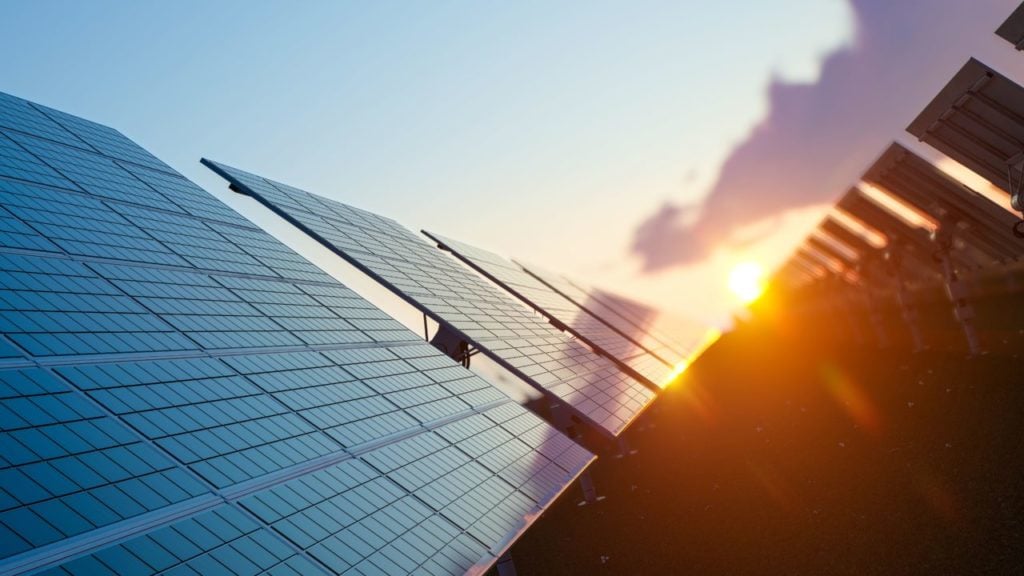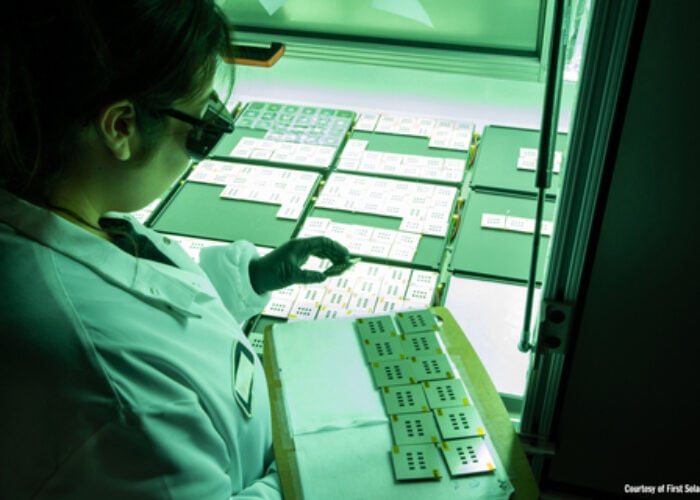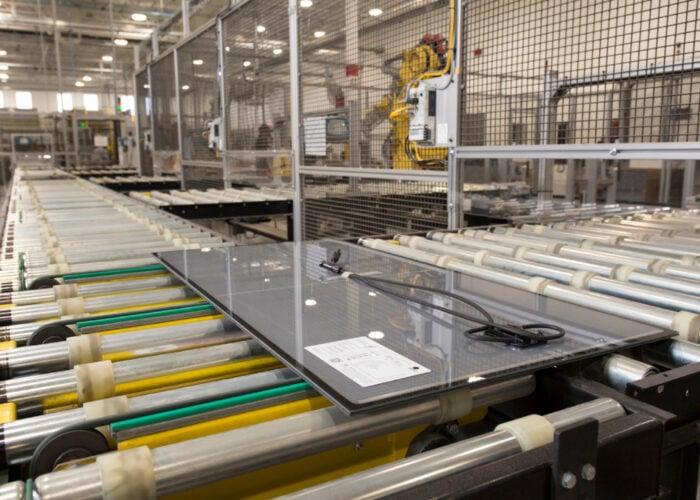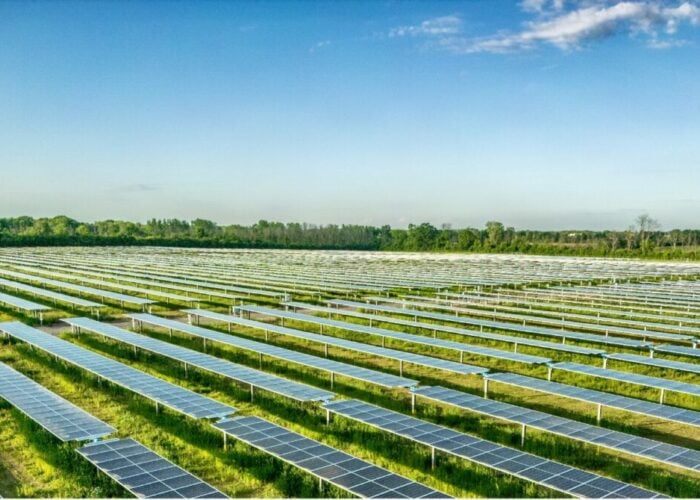
The Austrian government has introduced a “made in Europe” subsidy bonus for European photovoltaic components.
Vice-chancellor of Austria, Werner Kogler, said the subsidy is “the only way we can ensure that European production can hold its own against international competition”.
Try Premium for just $1
- Full premium access for the first month at only $1
- Converts to an annual rate after 30 days unless cancelled
- Cancel anytime during the trial period
Premium Benefits
- Expert industry analysis and interviews
- Digital access to PV Tech Power journal
- Exclusive event discounts
Or get the full Premium subscription right away
Or continue reading this article for free
The subsidy bonus will be delivered under Austria’s Renewable Energy Expansion Act (EAG), the country’s main energy transition framework law. Applicants for EAG funding for solar installations will be able to subsidise any investment with up to 20% of its total value, depending on how many European components are used.
The Ministry of Climate Action and Energy said that projects must deploy a “mimumum proportion” of European-made components, but it did not specify what that proportion is or which components in a solar installation are included.
In a public statement, the Ministry said: “The Made in Europe bonus is intended to provide targeted support to companies in Austria and Europe: If products from Europe are installed in new solar power plants, there are higher subsidy rates.”
Vice-chancellor Kogler said: “Anyone who really wants to strengthen European environmental technologies must also provide the appropriate investment incentives. That is why the “Made in Europe” principle should be a key part of Austria’s funding culture. This is the only way we can ensure that European production can hold its own against international competition.”
Beyond the direct ingot-module solar supply chain, the Ministry of Climate Action and Energy suggested that the “Made in Europe” bonus could support other parts of solar supply: “companies in the fields of electronics, semiconductor technology, the glass and metalworking industry, digitisation and software.”
Labour and economics minister Martin Kocher added: “Other parts of the world are taking measures to gain strategic advantages in the production of technologies relevant to decarbonisation. Europe must not be naive. With the ‘Made in Europe bonus’ we are guaranteeing fair competition and enabling Austrian and European manufacturers to have a level playing field. We will continue to advocate for a fair, rules-based, multilateral world trade order at EU level.”
In April, the European Union and its member states announced a Solar Charter with a view to “supporting the competitiveness of the European PV manufacturing industry and promoting the creation of a market for high-quality products meeting high sustainability and resilience criteria”.
Concrete measures have been somewhat absent since the Charter’s announcement, though last last month the European Council passed a vote in favour of the Net Zero Industry Act (NZIA), which will see it come into effect this month. The NZIA includes a number of measures designed to support Europe’s floundering renewable energy manufacturing base, including “non-price” criteria for solar tenders designed to give an advantage to ostensibly more sustainably and equitably produced European products.






